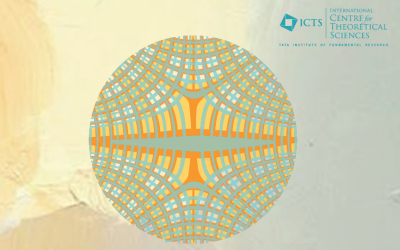Homogenization is a mathematical procedure to understand the multi-scale analysis of various phenomena modelled by partial differential equations (PDEs). It is a relatively new area and has tremendous applications in various branches of engineering sciences like material science, porous media, study of vibrations of thin structures, composite materials to name a few. Indeed, homogenization can be viewed as a process of understanding a heterogeneous media (where the heterogeneities are at the microscopic level like in composite materials) by a homogeneous media. Mathematically, homogenization deals with the study of asymptotic analysis of the solutions of PDEs by obtaining the equation satisfied by the limit. This limit equation will characterize the bulk or overall behaviour of the material, which does not consist of microscopic heterogeneities and can be solved or computed.
Topics to be covered in the workshop include the following but not limited to:
-
Multi-scale problems in applications
-
Introduction to homogenization
-
Techniques in homogenization
-
Recent trends
Plan and Schedule of the Program:
In this discussion meeting, we go through several examples to understand the homogenization procedure in a general perspective together with applications. We also present various mathematical techniques available and some details about the techniques. A tutorial cum problem solving session will also be conducted so that beginners can learn the material rigorously. In this way, we can train local and international junior students and researchers by equipping them with the theory and applications of multi-scale analysis and homogenization. Furthermore, the speakers will also discuss some ongoing current research and new problems which can foster mentoring or collaboration between students and experts on the area of analysis of multi-scale phenomena.
In addition to the basic material of homogenization, the speakers will be presenting the recent results in their area of expertise and this will be an opportunity for the youngsters to get into this beautiful area of research. Further, every day, we are planning to have a tutorial cum problem solving session through which the beginners can learn the material in a better way. To make the tutorials/training sessions more effective, we may form small groups and each group may be asked to do some specific material which they can present in the last day. Each small group may be trained by one of the speakers who are available for the entire workshop,
The schedule mainly consists of 4, one hour lectures per day and a Tutorial cum Problem Solving Session of one and half hours which can be extended according to the requirement of the participants.
 icts
icts res
res in
in

